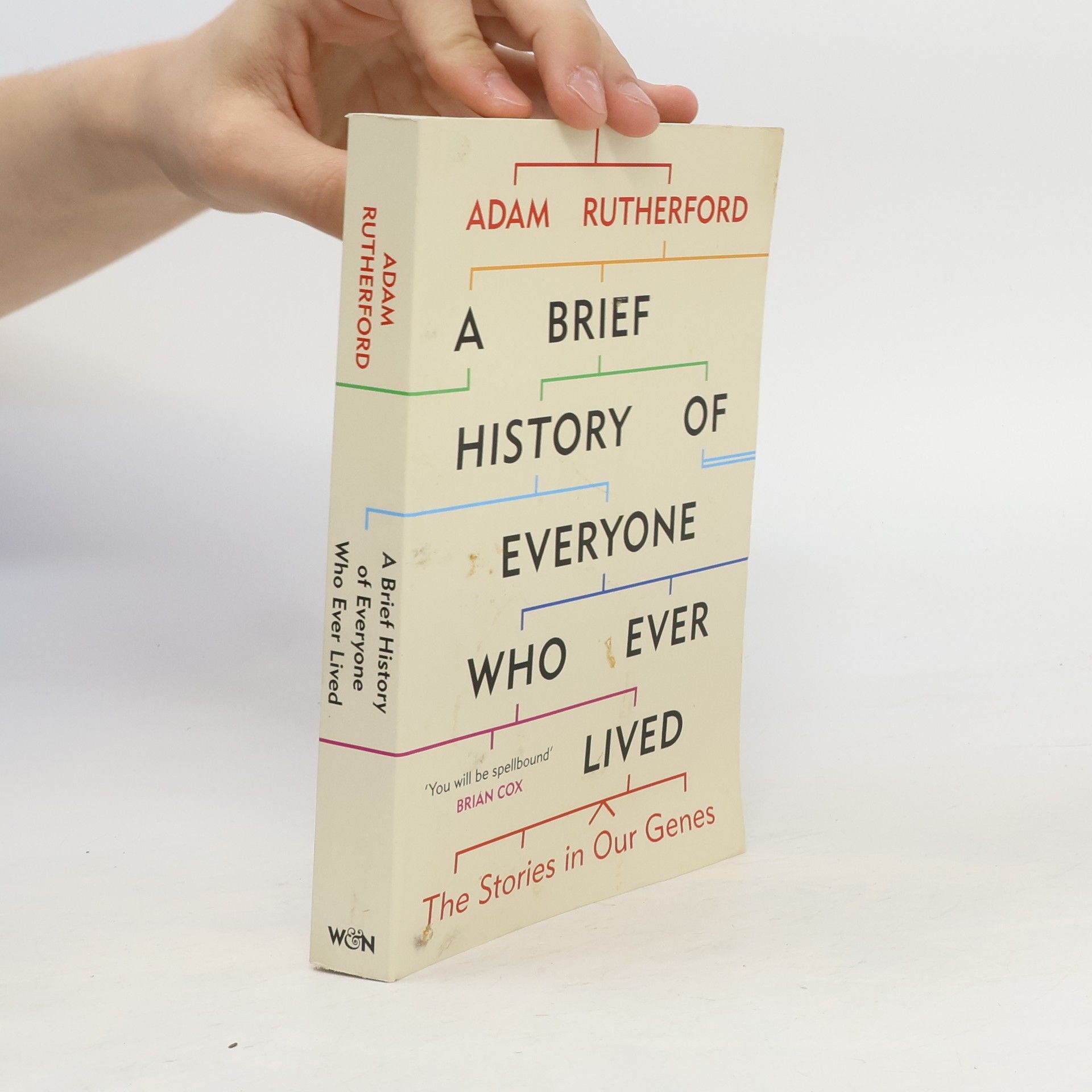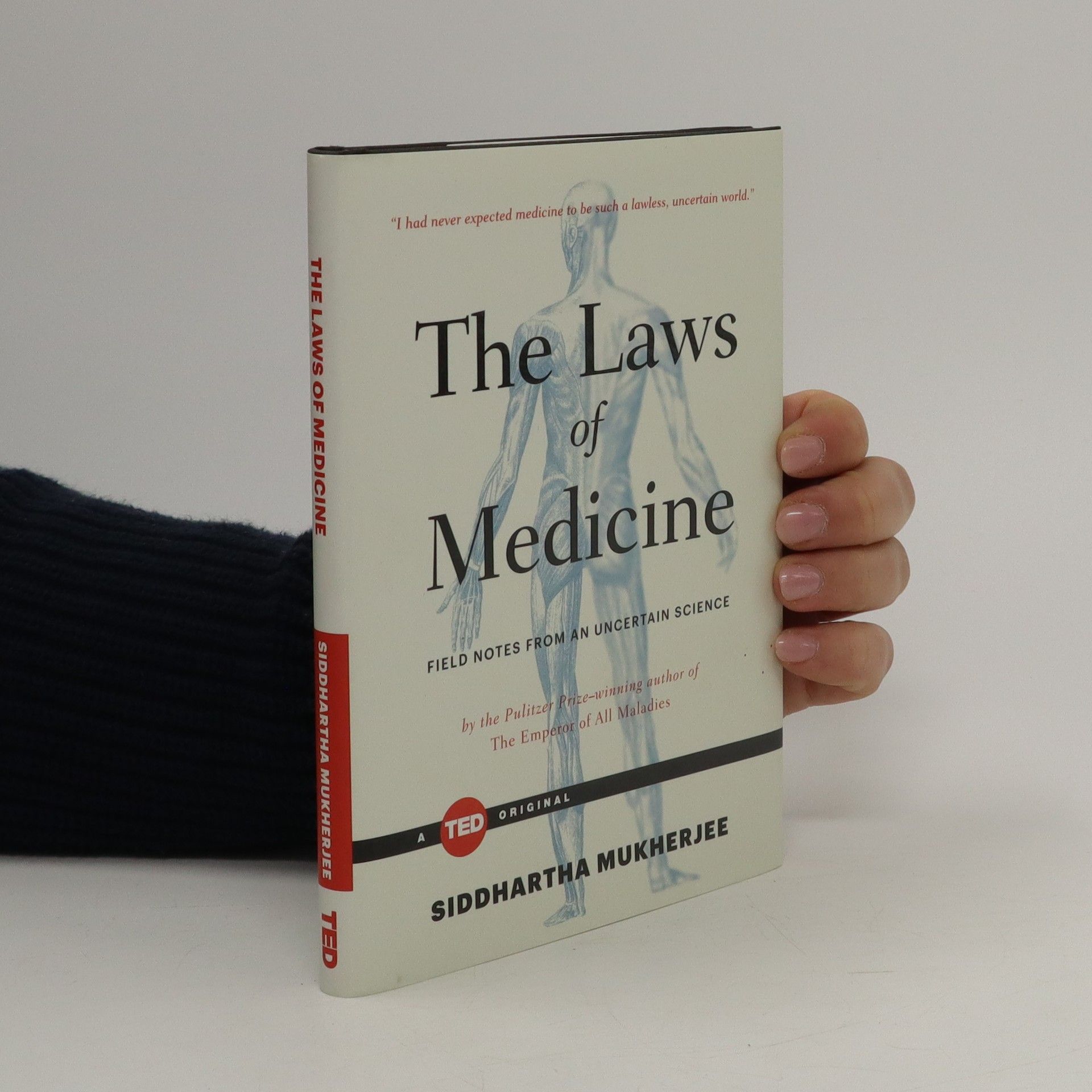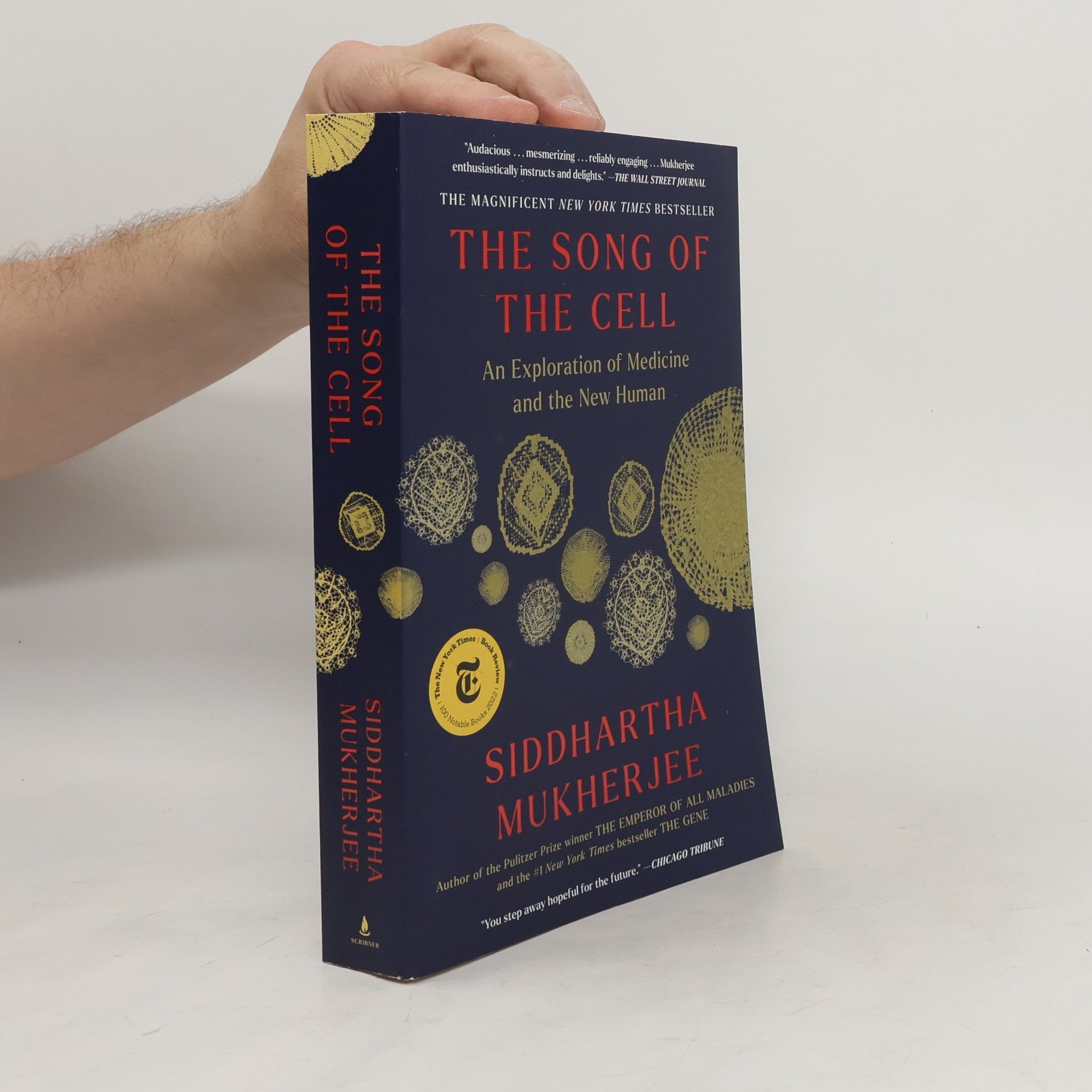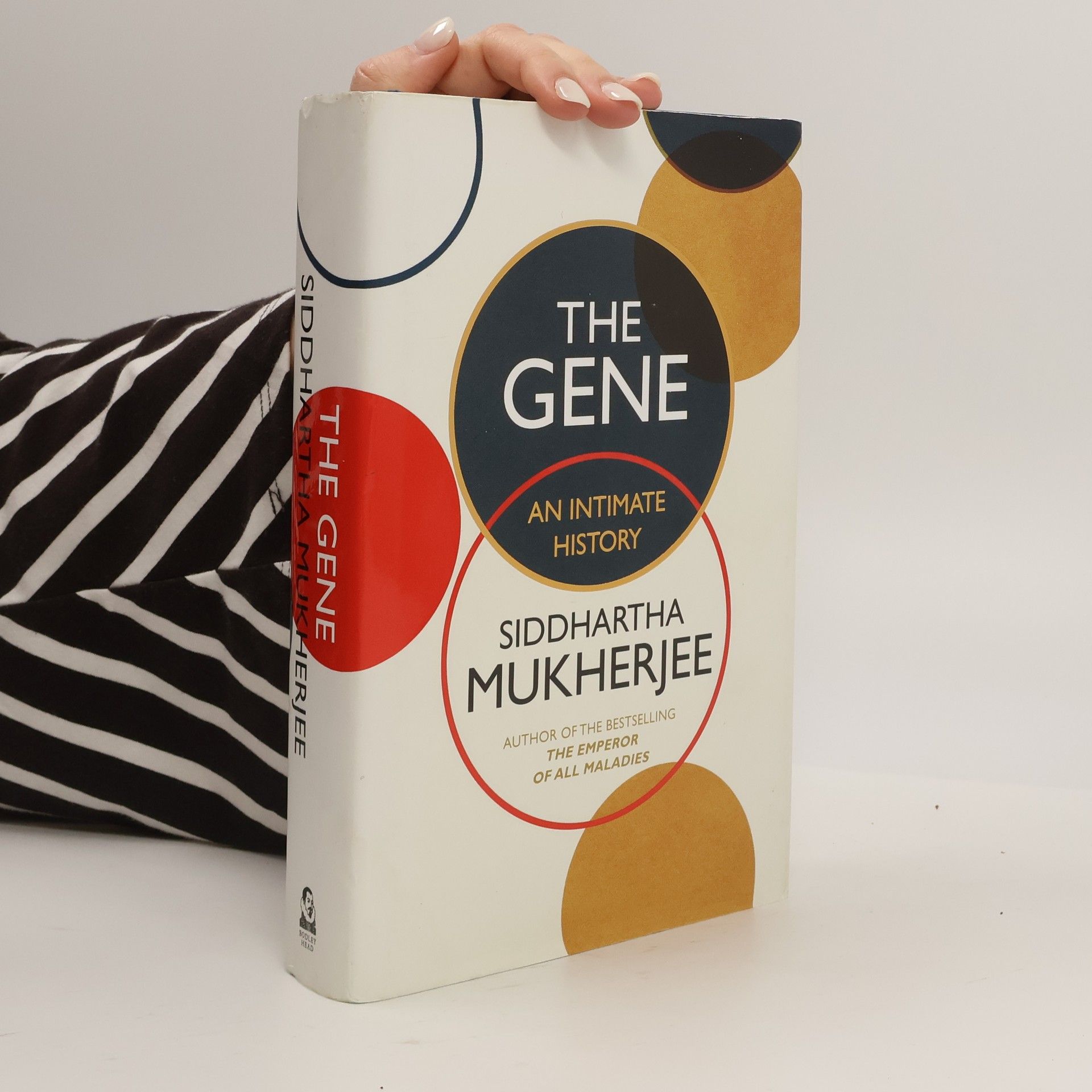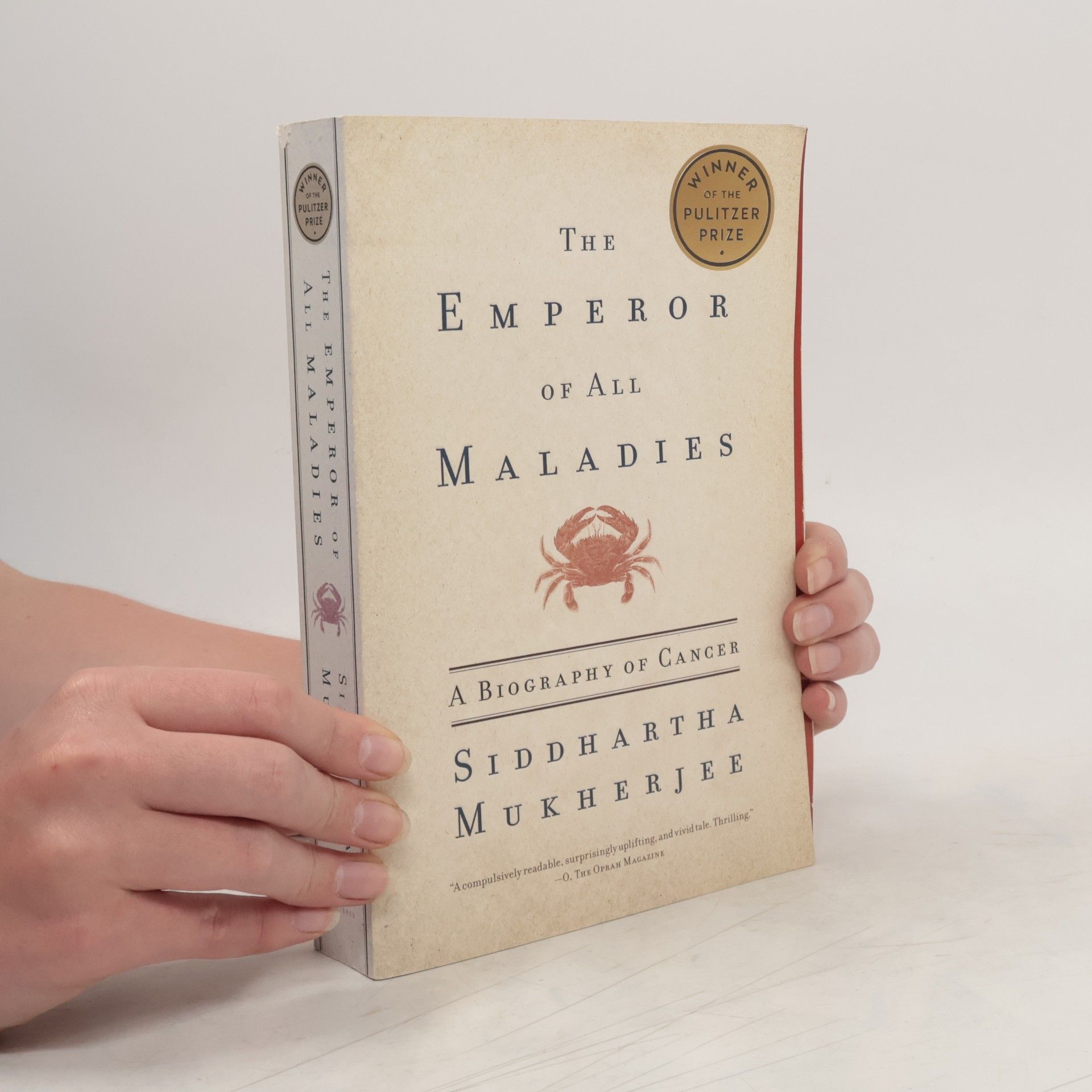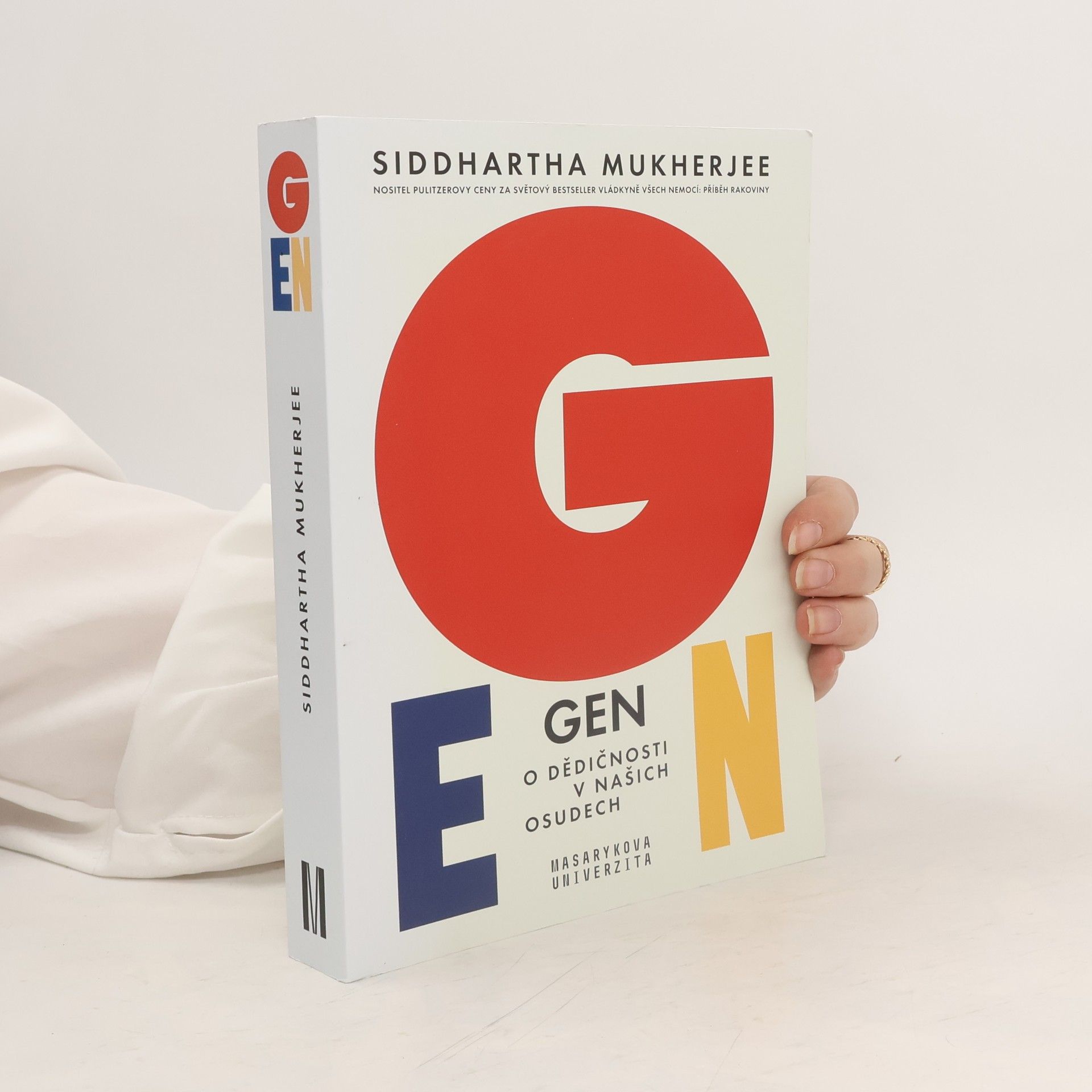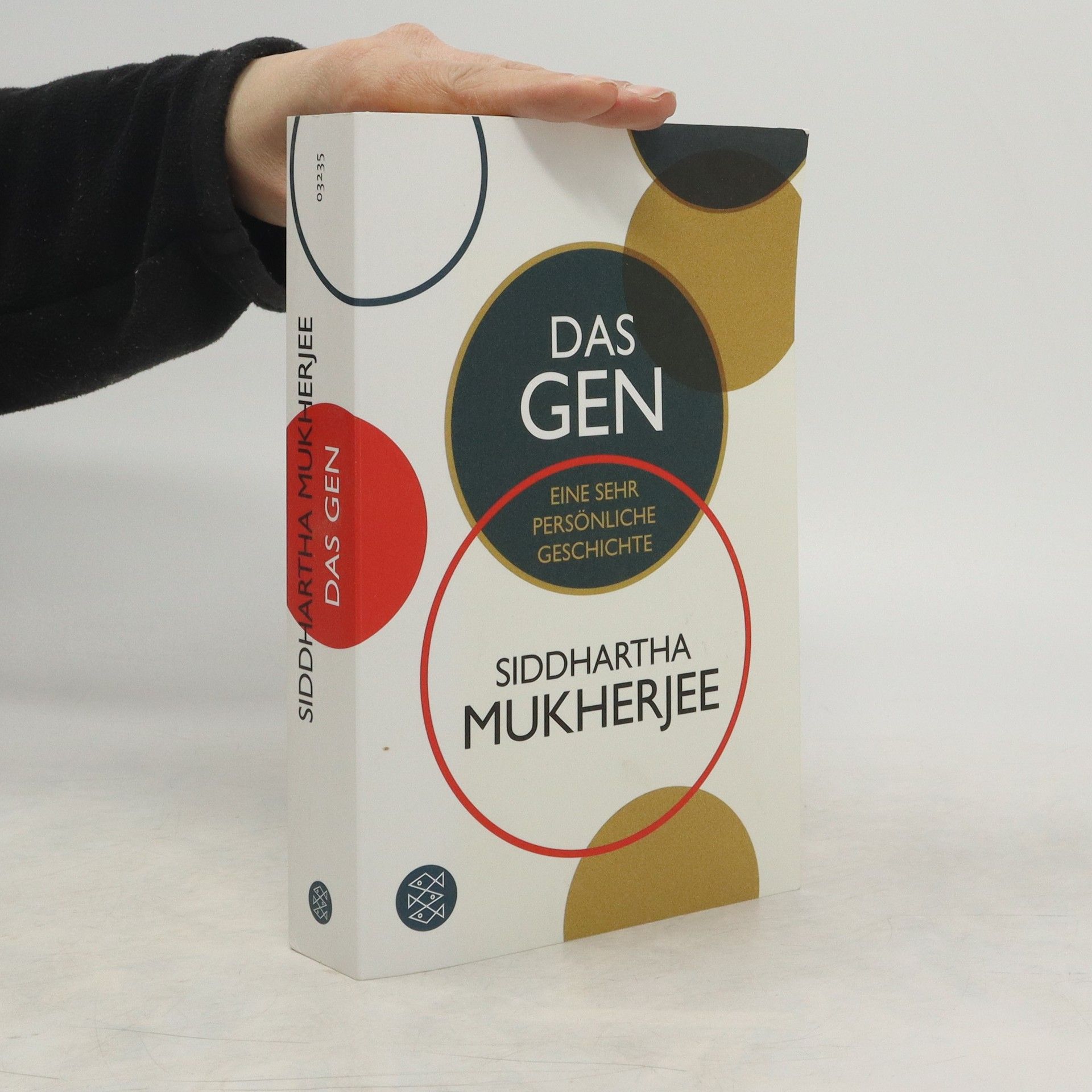Das Lied der Zelle
Wie die Biologie die Medizin revolutioniert – Medizinischer Fortschritt und der Neue Mensch | Das spektakuläre neue Buch des Pulitzer-Preisträgers
Als im späten 16. Jahrhundert der englische Universalgelehrte Robert Hooke und der holländische Tuchhändler Antonie van Leeuwenhoek durch ihre handgefertigten Mikroskope blickten, sahen sie etwas, was der Biologie und der Medizin ein radikal neues Konzept hinzufügte und beide Wissenschaften für immer veränderte: Komplexe lebende Organismen bestehen aus winzigen, in sich geschlossenen und sich selbst regulierenden Einheiten. Unsere Organe, unsere Physiologie, unser Selbst - Herz, Blut, Gehirn - sind aus diesen kleinen Teilen aufgebaut: den Zellen. Sie ermöglichen all unsere komplexen Körperfunktionen: Immunabwehr, Fortpflanzung, Empfindungsvermögen, Kognition und Erneuerung. Die Schattenseite ist die ungemeine Zerstörungskraft dysfunktionaler Zellen, die einen Körper seiner Lebensfähigkeit berauben können. Mukherjee erzählt vom enormen Potenzial unseres vertieften Verständnisses der Zellphysiologie und -pathologie. Es hat eine Revolution in Biologie und Medizin ausgelöst, transformative Medikamente hervorgebracht und Menschen verändert.

